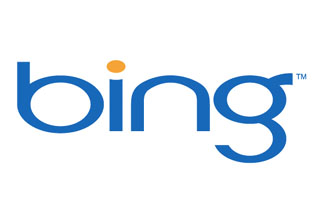
Web metrics firm Hitwise has released its figures for the U.S. Internet search market during April 2010, and has found that Google picked up two percent of the search market compared to March…and Microsoft’s Bing lost the same among. Bing wasn’t the only loser, though: Yahoo saw its share dip one percent, and Ask.com saw a proportionately huge drop in its share month-to-month: down 37 percent.
According to Hitwise, Google accounted for 71.40 percent of U.S. Internet searches during April, up from 69.97 percent in March. Yahoo remains the number-two search destination, with a 14.96 percent share of the market, down from 15.04 in March. Bing, conversely accounted for 9.43 percent during April, down from 9.62 percent during March. Ask.com saw its share drop from 3.44 percent of the market in March to 2.18 percent in April.
Hitwise also finds that U.S. search traffic tends to be of the two-word variety: some 23.06 percent of all search queries were two-word searches. One-word searches dropped one percent during the month, where queries for three to eight words were flat from March 2010.

